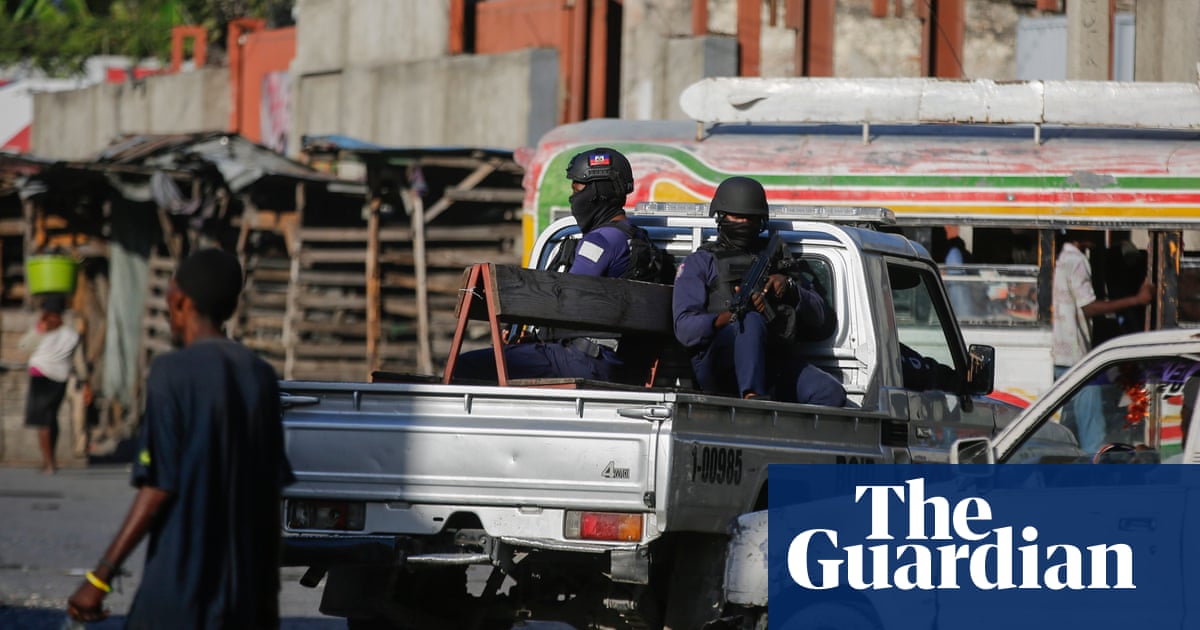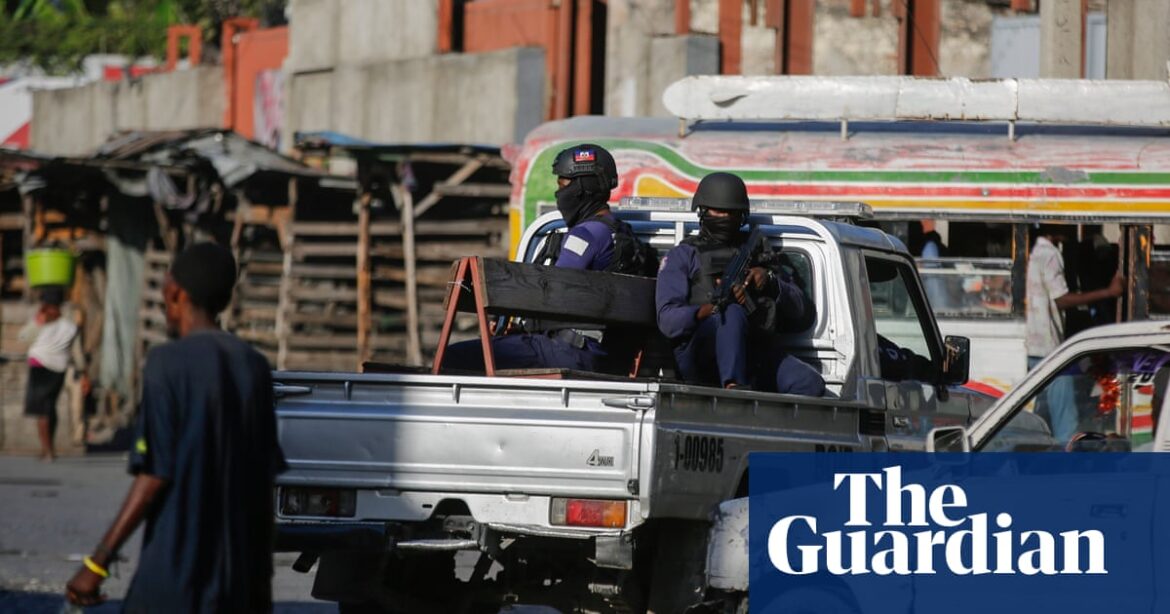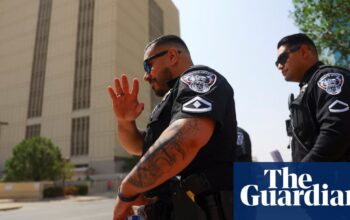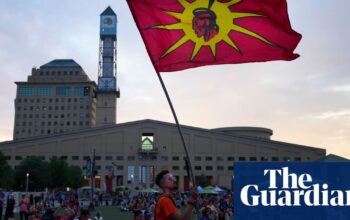
The high court of Kenya has decided against the government’s proposal to send numerous police officers to Haiti in order to head a multinational mission supported by the United Nations to combat the growing problem of gang violence in the Caribbean nation.
According to the judge who made the ruling, Enock Chacha Mwita, any action taken by a state organization or official to send police officers to Haiti goes against the constitution and the law, making it unconstitutional, illegal, and invalid.
In early October, the United Nations Security Council approved the mission led by Kenya, despite facing backlash and a legal dispute from the opposition Thirdway Alliance at the Nairobi High Court in the previous year.
Lawyers specializing in constitutional law and members of the opposition in parliament had expressed disapproval of the government’s methods for obtaining international approval for the mission before receiving support from parliament.
The court’s decision that the deployment was deemed “unlawful” did not hinge on the main concerns brought up in the case, which attorneys stated caught both parties off guard. The judge determined that only military operations required approval from parliament, and that police forces could be sent overseas.
The statement indicated that in order for officers to be sent out, there must be a mutual agreement with the host government. The petitioners had claimed, and the government did not dispute, that this arrangement was not currently established.
The ruling has put the international mission in a state of uncertainty and is also a setback for the government of Kenya, which had anticipated having police present by this month. They plan to appeal the decision.
Haiti’s foreign minister, Jean Victor Généus, urged for a quicker deployment on Thursday, stating to the UN security council that the level of violence in the country was comparable to that of a war zone.
The turmoil in Haiti began with the murder of their president, Jovenel Moïse, by hired soldiers from Colombia in July 2021. However, the level of gang violence and disregard for the law in the Caribbean country had already escalated to unprecedented levels in the previous year.
According to María Isabel Salvador, the UN’s special representative for Haiti, there was a 122% increase in the number of individuals who were violently targeted by gangs in 2023. She addressed the UN security council on Thursday and stressed the critical need for foreign intervention. The violence resulted in the deaths of 4,789 people and the kidnapping of 2,490 others, forcing many to sell their homes in order to pay ransom to their captors.
The rampant violence and egregious human rights abuses now stretch far beyond the capital, Port-au-Prince, into the countryside, where a growing number of children are vulnerable to gang recruitment and women to sexual violence.
Salvador emphasized the seriousness of the situation in Haiti during her speech at the United Nations. Multiple ongoing crises have reached a critical stage, with new gangs emerging and a violent vigilante movement causing concern among observers.
Over 350 individuals are believed to have died due to the actions of Bwa Kale, a group of armed civilians who have resorted to violence in response to inadequate protection from the police.
The armed criminals who dominate most of Port-au-Prince have better weapons than Haiti’s security forces. According to the main police union, the national police have lost about 3,300 officers in the last three years.
According to Lionel Lazarre, the general coordinator of the Synapoha union, nearly 90% of these officers were fired for deserting their positions. Unions claim that these officers, who are both underpaid and undertrained, are fleeing before they are killed by gang members who have higher salaries and more advanced weapons.
it challenging to provide adequate safety for the community
It is becoming increasingly difficult to ensure sufficient safety for the community due to the decreasing number of officers.
Diego Da Rin, a Haiti specialist at Crisis Group, emphasized the importance of a skilled and sizable foreign taskforce. He warned that if the gangs perceive the international mission as ineffective and inadequately prepared, they may band together to resist and challenge them.
Salvador warned that the success of the mission relied on the participation of Haitians in the reconstruction of their country. She stated, “Sustainable stability can only be attained through a political process that is led and inclusive of the nation.”
Some speakers at the UN have expressed concerns about Haiti’s past experiences with foreign intervention, such as instances of sexual abuse by peacekeepers and the spread of cholera. They suggest taking extra precautions to avoid repeating these events.
The plan to deploy troops in Kenya has met resistance since it was first suggested a year ago. Organizations advocating for human rights have raised concerns about the history of human rights abuses by the Kenyan police force, and some have questioned their abilities and readiness to address security issues like gun violence perpetrated by organized criminal groups.
The purpose of Kenya’s leadership in the mission is uncertain. Some people believe it is a tactic by the current government to improve the country’s reputation on the global stage, while others view it as a way for Kenya to support their ally, the US. Additionally, Kenya may benefit financially from the mission, as the US has committed to providing $100 million in support for intelligence, logistics, and medical aid.
Source: theguardian.com



